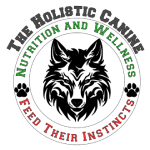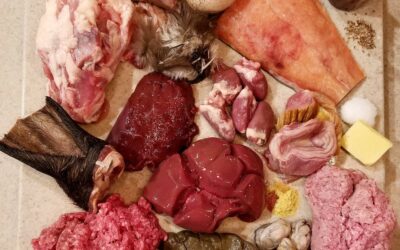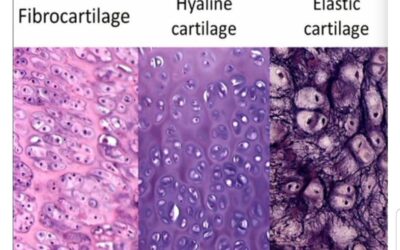Vitamin D is a vitally important nutrient that can often be deficient in a dog’s homemade diet. Unlike us humans and many other animals, dogs do not convert the sun’s radiation into adequate Vitamin D needs. This is likely because wild dogs can easily receive Vitamin D through the skin and organs of their wild prey. Our domestic dogs do not generally feast on wild prey or whole animals at meal time. This can pose a problem with meeting Vitamin D needs. Without an adequate source of this essential fat-soluble vitamin, dogs are at risk for heart disease, bone disease (especially puppies who have rapidly growing bones), osteomalacia, bone fractures, dental problems including broken teeth, and periodontal disease. A dog’s muscles and nerves require Vitamin D to function properly. Vitamin D transports calcium and phosphorus across the intestinal wall and aids in regulating their absorption. It also prevents diabetes by stimulating the production of insulin, and regulates inflammation and immune function.
If you are in the habit of daily feeding your dog skin, fatty fish, beef liver, and/or pasture-raised chicken eggs, you are on the right track. However, if you are not providing these Vitamin D-rich foods, it’s time to start adding them to meals. A medium size dog requires at least 4.3 mcg (about 175 IU) of Vitamin D daily with a top shelf need of 25 mcg (1,000 IU). This lower requirement is not easy to meet if foods are not chosen specifically for their vitamin D content and added to daily meals. Because cod liver oil is an excellent source of Vitamin D, many people make the mistake of adding cod liver oil to a meal that also includes liver (and kidney!). Cod liver oil is a rich source of Vitamins A and D. Vitamin A is easily met by feeding liver and can raise to toxic levels when cod liver oil is also added. Vitamins A and D are fat-soluble and are stored in the liver. Too much can cause serious toxicities, a condition known as hypervitaminosis. You will want to avoid cod liver oil altogether if you feed organs daily.
Foods to add to meals that are rich in Vitamin D and meet a medium dog’s needs are 1-2 oz. wildcaught salmon, 2 oz. mackerel, or 2 oz. sardines in ADDITION to a pasture-raised egg yolk and beef liver. This will meet daily needs. Or, adding these foods in larger amounts (3-4 oz.) three times per week will still meet Vitamin D levels because D is stored in the liver.
Supplementation is needed if you cannot meet Vitamin D needs. Because Vitamin D is stored in the liver, you need only add a boost of vitamin D two to three times per week. Be aware, however, that while plants contain some Vitamin D know as ergocalciferol (D2), dogs cannot utilize this form and must receive the animal source of vitamin D known as cholecalciferol (D3). So if you’re purchasing a low dose supplement, make sure you purchase Vitamin D3!
©2018 Kimberly Lloyd, PhD, BCHHP, Cert Raw Dog Nutritionist



